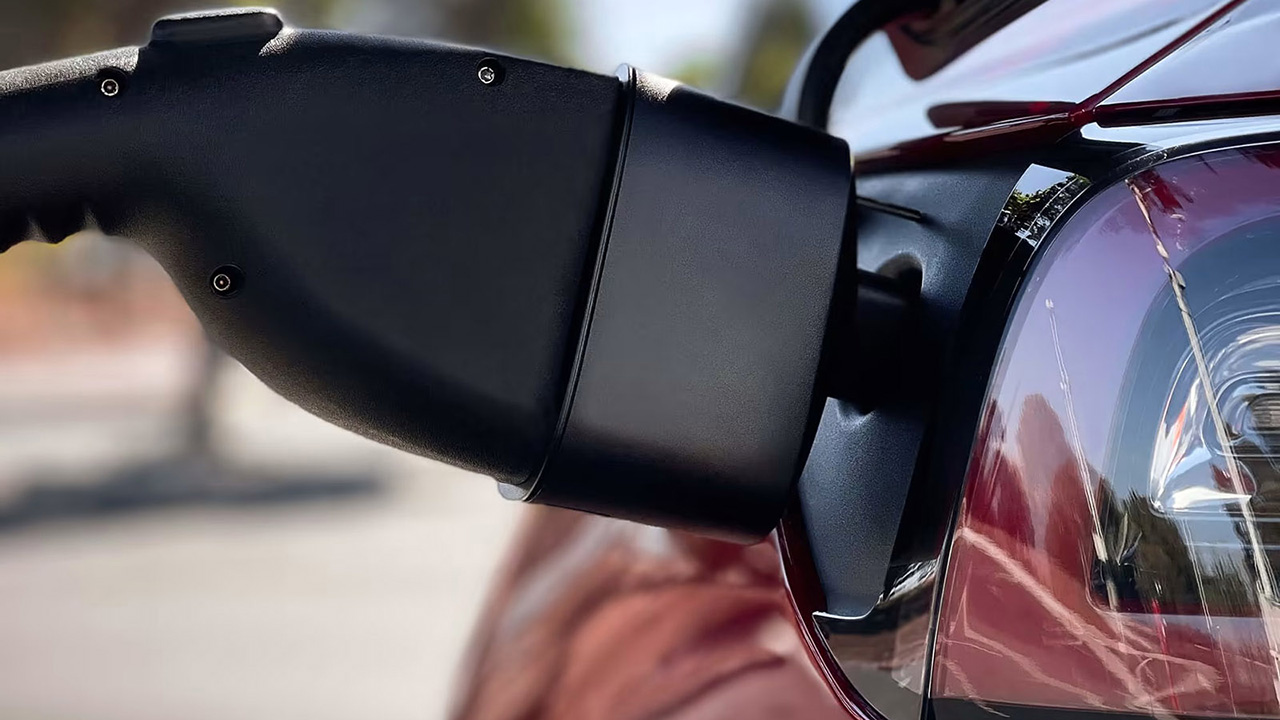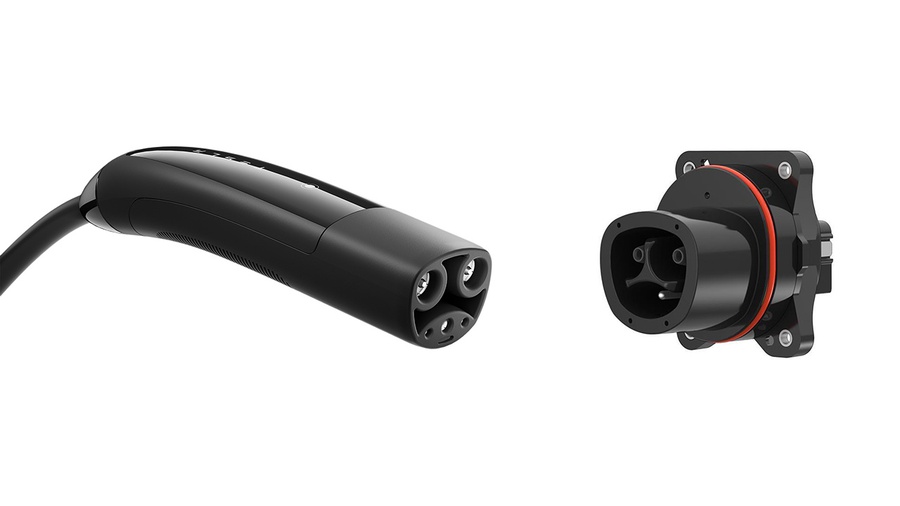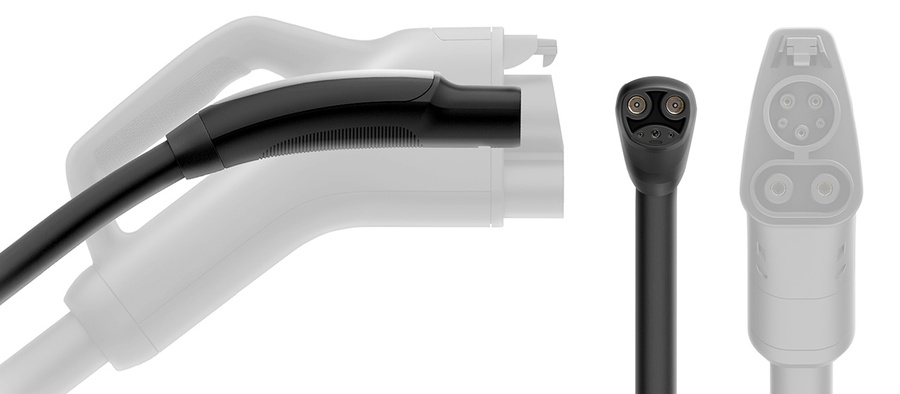Tesla's proprietary charging connector was first introduced in 2012 when the Tesla Model S went on the market. The company touts that, after more than 10 years of use and accruing 20 billion miles (32 billion km) of usage, it is "the most proven in North America." With the goal of having their design adopted by the North American EV industry, Tesla made the decision to open the design of their EV connector to competitors.
"In pursuit of our mission to accelerate the world's transition to sustainable energy, today we are opening our EV connector design to the world. We invite charging network operators and vehicle manufacturers to put the Tesla charging connector and charge port, now called the North American Charging Standard (NACS), on their equipment and vehicles."
"Network operators already have plans in motion to incorporate NACS at their chargers, so Tesla owners can look forward to charging at other networks without adapters. Similarly, we look forward to future electric vehicles incorporating the NACS design and charging at Tesla's North American Supercharging and Destination Charging networks."
In pursuit of our mission, today we are opening up our EV connector design →https://t.co/HTk7Si9XZy pic.twitter.com/vMKts5h4ei
— Tesla Charging (@TeslaCharging) November 11, 2022
The company officially revealed that the DC power output might reach up to 1 MW of power, which is two times more than in the case of the Combined Charging System (CCS). There are also two configurations of the standard: for 500 V or 1,000 V, which are mechanically backward compatible. In other words, no change is needed to use the standard for the latest 800V or 900V battery systems.
The maximum current rating has not been specified, although Tesla was able to successfully operate "above 900A continuously with a non-liquid cooled vehicle inlet." That's close to 1 MW. Tesla notes that the connector has no moving parts, is half the size and two times more powerful than the CCS connectors.
The technical specification of the NACS can be found here.
Source: Tesla



